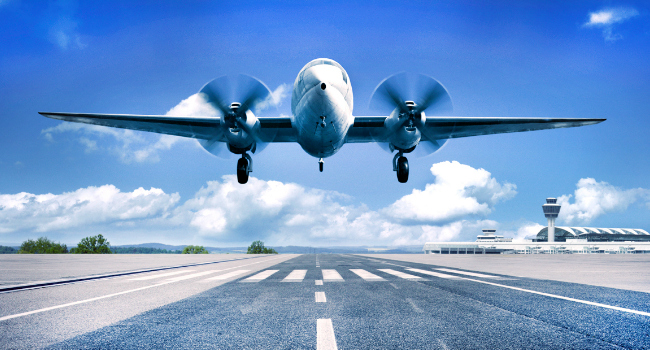48 Hours ago I was on a white sand beach in hot and sunny Thailand, riding a jetski and drinking coconut water and now I’m back in London, dehydrated from the flight, confused by the 7-hour time difference and hiding from the 25-degrees difference in temperature.
Whether it’s your holiday or a business trip these things happen after long haul flights and as I know the chances you’re experiencing this on a regular basis are quite high I decided to cover it in this article.
What exactly is a jet lag?
A mismatch between our internal and external clocks.
Our internal clock, known as the circadian rhythm, is a biological cycle of various processes that take place over a time span of about 24 hours.
The three factors which have the biggest impact on your circadian rhythm are: light, time and melatonin.
So no wonder your body gets confused when all of a sudden all 3 get mixed up.
Jet lag originates in the nerve cells of the hypothalamus, the region of our brain that regulates temperature, sleep, appetite, hunger, and other processes in your circadian rhythm.
And because this part of the brain evolved long before air travel, it responds slowly to changes in external time and light levels.
So what’s The Secret To Beating Jet Lag?
To beat jet lag we have to synchronize our circadian rhythm with our destination’s timezone as quickly as possible.
Here’s how to get over your jet lag so your body doesn’t suffer and you can stay focused on both working out and proper eating.
Sleep
On your return flight, try to sleep according to your home time. And when you get home, if you’re not going straight into work, try to stay active throughout the day and sleep at your normal bedtime instead of sleeping at random times, as this will only further mess up your biological clock.
Food
Time your eating according to your destination eating schedule. Try to avoid caffeine-heavy drinks and also stay away from alcohol. You need to stay well hydrated so make sure you drink enough water.
Training
Your body will not be at its best conditions when you are jet lagged. Allow yourself to rest and fully recover on your first day back and only hit the gym on day 2. Just like resuming any training routine, change your first workout slightly to a low-intensity and shorter programme, which will allow your body to slowly get back into your normal routine without injuring yourself or delaying your recovery.
Conclusion
Even the most experience travellers still get jet lagged and while it’s hard to avoid feeling a lack of motivation and tiredness while you’re at it the above tips can help you recover more quickly so you can effectively and efficiently deal with things coming your way.
